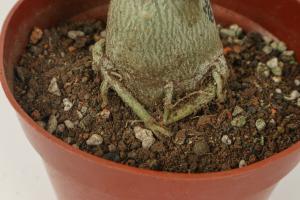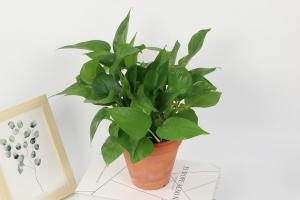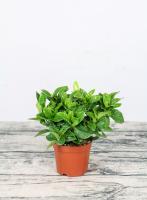Are Snake Plants Good for Indoors?
Snake plants, also known as Sansevieria, are popular houseplants that have been a favorite of many home gardeners for decades. They are a low-maintenance option that can add a touch of greenery and complement the decor of any indoor space. However, the question remains: are they good for indoors? Let's dive into the benefits and drawbacks of keeping snake plants in your home.
The Benefits of Snake Plants
There are several benefits to having snake plants in your indoor space. For one, they are known for their ability to purify the air. According to a NASA study, snake plants can remove toxins such as benzene, formaldehyde, trichloroethylene, and xylene from the air. This makes them a great choice for people who suffer from allergies or have respiratory problems. Additionally, they are known to release oxygen during the night, which can help improve the quality of sleep.
Another benefit of snake plants is that they are very easy to care for. They thrive in a wide range of conditions, from bright light to low light, and they can tolerate both dry and humid environments. They also don't require frequent watering, so they're a great option for people who have busy schedules or are new to plant care. Finally, snake plants are known to be very durable and long-lasting, meaning they can last for years with minimal care.
The Drawbacks of Snake Plants
While snake plants have many benefits, there are also some drawbacks to keeping them indoors. One potential issue is that they can be toxic to pets. The sap of the snake plant contains saponins, which can cause vomiting, diarrhea, or other symptoms if ingested by cats or dogs. Therefore, it's important to keep them out of reach of your furry friends, or consider a non-toxic alternative.
Another potential issue is that snake plants can attract pests such as spider mites, mealybugs, or scale insects. These pests feed on the plant's leaves and can cause damage, yellowing, or curling. However, with proper care and attention, it's possible to prevent or manage pest infestations.
Conclusion
Overall, snake plants are a great option for indoor gardening. They are easy to care for, have air-purifying properties, and can last for years with minimal care. However, it's important to keep in mind that they can be toxic to pets, and can also attract pests if not properly maintained. As with any indoor plant, it's important to consider your own needs and limitations before choosing a snake plant or any other houseplant.

 how many times do yo...
how many times do yo... how many planted tre...
how many planted tre... how many pine trees ...
how many pine trees ... how many pecan trees...
how many pecan trees... how many plants comp...
how many plants comp... how many plants can ...
how many plants can ... how many plants and ...
how many plants and ... how many pepper plan...
how many pepper plan...






























